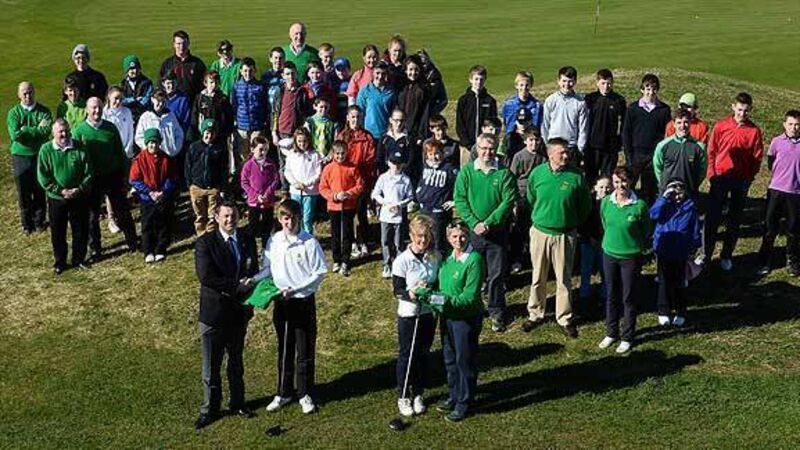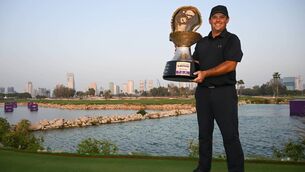Getting Irish golf out of the rough

Now imagine the stadium utterly bereft of people — no noise, no buzz, no money being spent, no spectacle, no heroes for future generations to admire.
Losing 80,000 jobs is a catastrophe by any yardstick but when the game of golf in Ireland loses that number of active participants in little more than five years, it’s clear that something needs to be done.
















